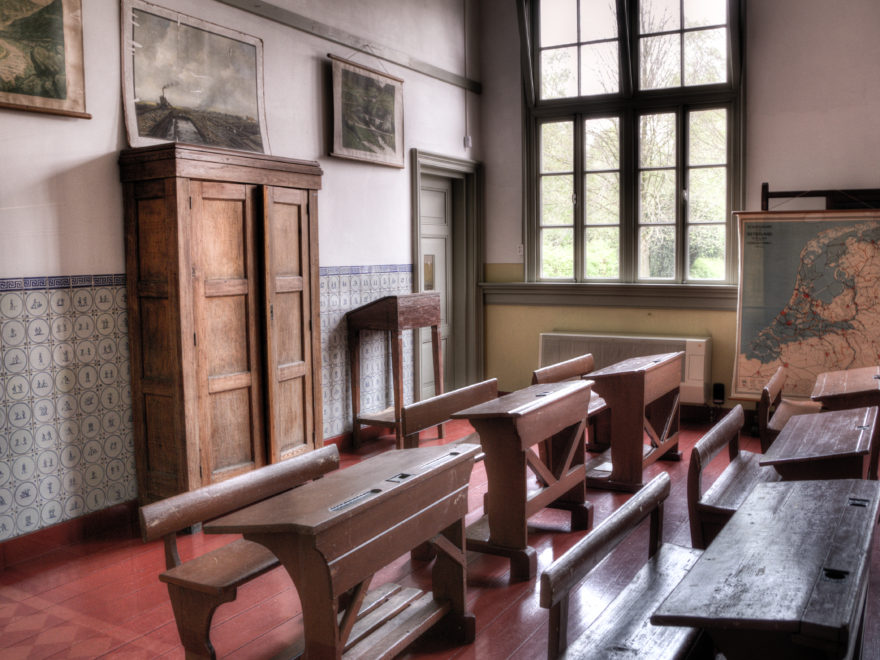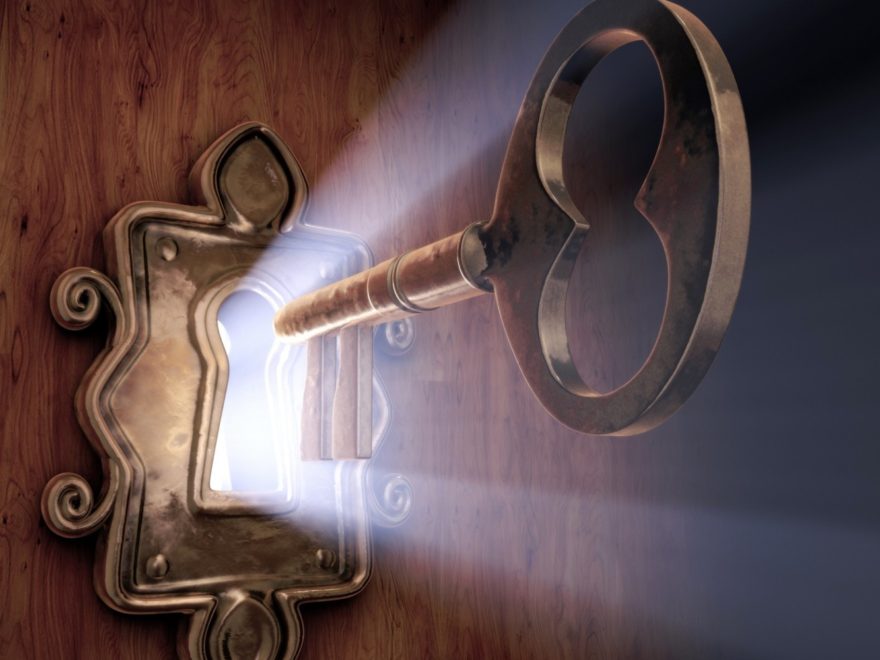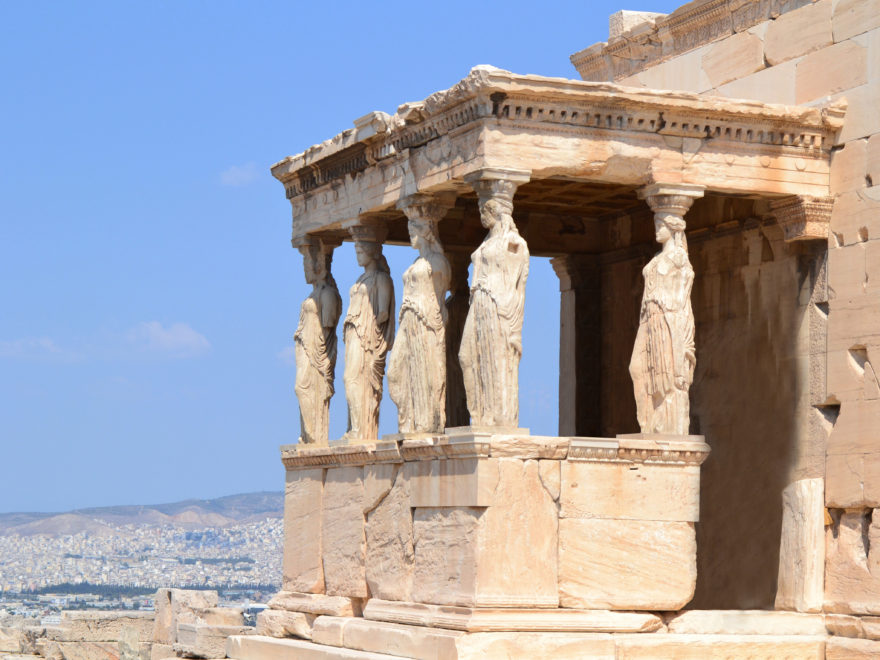Tag: narration
-

Why The History of Narration Matters, Part 1: Charlotte Mason’s Discovery?
I’ve decided to put the series on Bloom’s Taxonomy vs. Aristotle’s Intellectual Virtues on hold for a couple months after contracting with Classical Academic Press to film two courses in December for ClassicalU: one on narration and another on Charlotte Mason’s philosophy for classical educators. So I’m returning to the topic of narration and Charlotte…
-

“Teach Like a Champion” for the Classical Classroom, Part 3: Check for Understanding
It’s happened to every teacher I’ve ever met. You put together a great lesson, one that you are sure will engage the attention of your students and draw them in to explore some new concept or idea. After teaching the lesson and providing opportunities for students to engage, you confidently pass out the exit slip,…
-

The Flow of Thought, Part 7: Rediscovering Science as the Love of Wisdom
In this series we’ve been finding arguments for a classical education from the unlikely realm of positive psychology, particularly Mihalyi Csikszentmihalyi’s classic Flow: The Psychology of Optimal Experience. After connecting the concept of flow with Aristotle’s link between virtue or excellence and eudaimonia (happiness or flourishing), we’ve been racing through aspects of the liberal arts…
-

Charlotte Mason and the Power of Ideas
As Charlotte Mason observed, there is nothing quite like the experience of being struck by an idea. The experience is equivalent to being the recipient of some unexpected treasure. Ideas loosen our grip on holding a thin view of the world. They open our minds, especially through narration, to connections previously gone undetected and stir…
-

20 of the Most Memorable Maxims from 2019 Educational Renaissance
The end of the year is a good time to take stock and review how far we’ve come. These last few days I’ve been doing this, both for myself through rereading my bullet journals, but also for Educational Renaissance by rereading all the old articles of 2019 in search of gems of wisdom. Along the…
-

Why Luther Believed Christians Should Study the Liberal Arts
What lies at the core of an authentically Christian education? Bible classes, faithful teachers, chapel services, certainly. How about the liberal arts? For many parents of faith, they aren’t so sure. After all, the liberal arts aren’t necessary for coming to faith or remaining in the fold. And in 2019, with a diversified economy, the…
-

Attention, Then and Now: The Science of Focus Before and After Charlotte Mason’s Time
The importance of attention for education is almost proverbial. Who has not seen the stereotype of a student staring out the window, while the teacher drones on? Movies and TV shows are filled with it. Everybody knows that a wandering attention and a lack of interest hamper a student’s learning. But we haven’t always paid…
-

Liberating Education from the Success Syndrome
The quest for success in education is a familiar narrative for students, teachers and home educators alike. Schools especially can often get caught up in the elusive search for success. As Christian schools, the desire to reach as many students as possible in order to make as big a kingdom impact as possible is laudable.…
-

The Flow of Thought, Part 3: Narration as Flow
It’s been a little while since my last article on the flow of thought, or how Mihayli Csikszentmihalyi’s concept of flow can support the philosophy of classical education. In the meantime, I’ve shared an early version of my eBook on implementing Charlotte Mason’s practice of narration in the classroom (see our new Narration page for…
-

The Flow of Thought, Part 2: The Joy of Memory
In my last article “The Flow of Thought, Part 1: Training the Attention for Happiness’ Sake” I drew a connection between Aristotle’s view that happiness is the chief goal of education and the findings of modern positive psychology. In Mihaly Csikszentmihalyi’s Flow: The Psychology of Optimal Experience, he reports his findings that people report being most…
